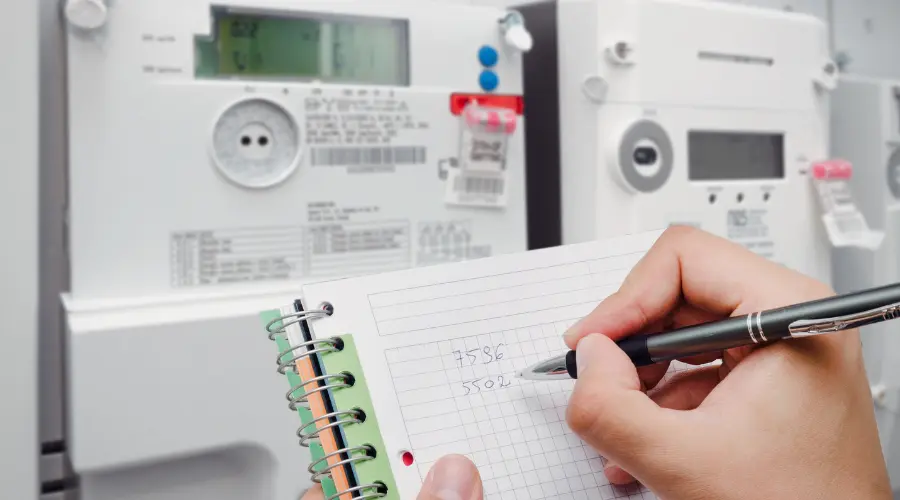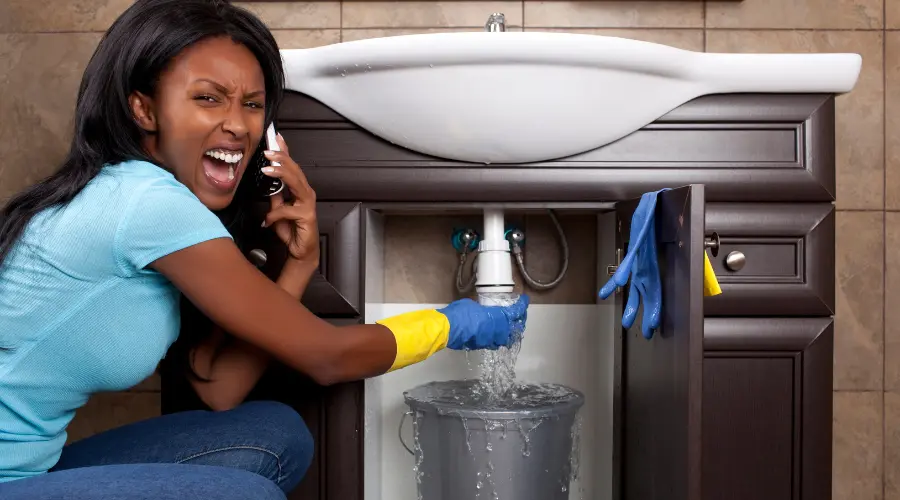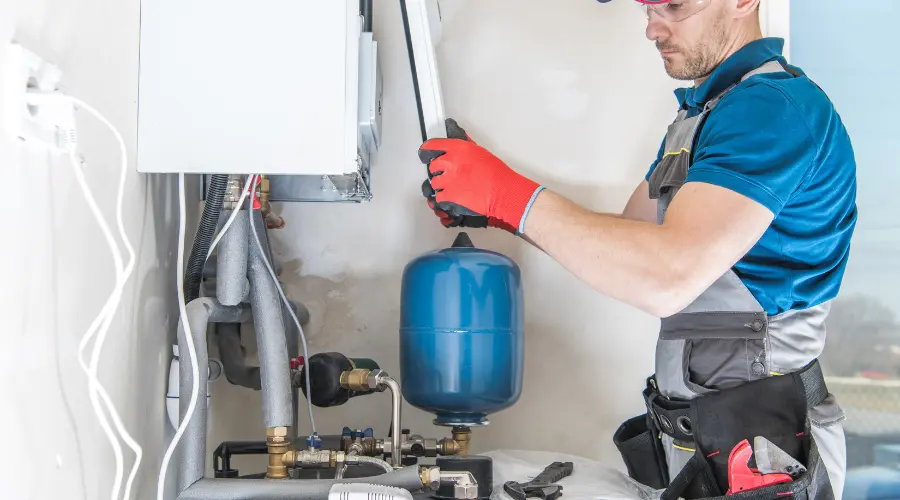As winter approaches, New Yorkers must be mindful of the hazards and perils of frozen or broken water pipes. According to CostHelper, the average cost to fix a damaged water pipe is $900, plus additional expenses for water damage repairs. For more information.
Our West New York, Plumbing and Heating experts want to provide you with all the knowledge you need to grasp this frequent problem, prevent frozen pipes, and know what to do in the event of damaged tubes.
How Do Pipes Freeze and What Happens?
Because water expands as it freezes, frozen water pipes may break as a result of the increased pressure. Water pipes in your NJ house that are not insulated and are placed in locations such as kitchen cabinets, attics, basements, and crawl spaces are the most vulnerable.
Outdoor water lines, such as those connecting outdoor hoses, sprinkler systems, irrigation systems, or swimming pools, are also vulnerable if not emptied before the winter.
The older your water pipes are, the more likely it is that frozen water may create significant problems and injury. Because the plumbing systems in many contemporary houses are so complicated, a broken pipe may cause catastrophic damage.
A single burst pipe may spill up to eight gallons of water every minute, generating thousands of dollars in damage in an hour. This might render your house or company unusable for many weeks.
Prevention Tips
Implementing a few simple precautionary actions before winter arrives will dramatically reduce the likelihood of frozen or damaged water lines. Take the following safety precautions extremely seriously:
• Drain the water from your sprinkler system and pool according to the manufacturer’s instructions.
• Disconnect and drain any exterior hoses. Turn off the water supply to these hoses while keeping the outside valve open to allow any residual water to drain. On spigots, consider applying an insulator.
• Insulate exposed water pipes to keep them from freezing.
Your hot water tank should be insulated.
• Know where your home’s main cutoff is and how it works.
• Keep any water pipes in your garage closed.
• On really cold days, open the cabinets in your kitchen and bathroom to allow warm air to travel around the pipes.
• Run a trickle of room-temperature water through the faucets, particularly at night when it’s cooler.
• Keep your residence at a temperature of at least 55 degrees.
• If you’re going to be out of town for a lengthy time, empty the water system by cutting off the water supply and running all fixtures until no more water comes out.
Warning Signs
Even after taking precautions, frozen pipes may occur. As a homeowner, you should know a few basic warning signs that a water pipe may be frozen.
For example, if water flow is slowed or stopped at a particular fixture, your system may include frozen water. Before bursting, a frozen pipe may begin to leak. Keep an eye out for any wet spots on your walls or ceilings.
If you suspect a pipe has frozen, keep the faucet open. Resuming the water flow will help melt the ice in the line when the frozen section thaws. The pipes may also be thawed by wrapping them in hot water-soaked cloths.
A heating pad, hair dryer, or space heater may warm up a potentially frozen pipe. However, while operating electrical equipment near water sources, you must exercise great care and employ fire safety procedures. To cope with frozen pipes near electrical outlets, contact a competent plumber.
After a Pipe Bursts
If a water pipe breaks, you should act quickly to limit the damage. First, turn off your home’s water supply. In an emergency, you should know where this valve is located.
Move your belongings out of the path and switch off any electric equipment near the water flow. Use buckets to gather as much water as possible. While you wait, use your kitchen and bathroom sink faucets to flush any water left in your plumbing system through functioning drains.
After you’ve dealt with the immediate situation, call an expert to fix your pipes. Before phoning your insurance company, please take photographs of the damage and explain it to them.
Call Us for All Your Plumbing Needs
If you have frozen pipes or any other plumbing concerns, contact West New York Plumbing and Heating in New York, NJ. Call (201) 479-2926 or request service online now.





